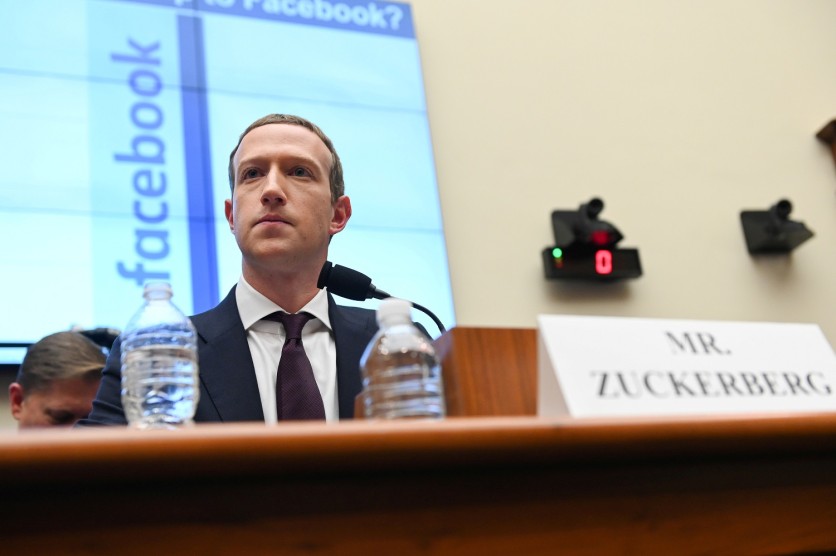Facebook tests a new app called Discover that lets people access the mobile website for free for a certain amount of time.
This pushes the social media giant's vision to expand the global internet access, which faced barriers in countries such as India where Free Basics was banned in 2016 because of concerns that it favored some Internet services, including Facebook.
ALSO READ : [BREAKING] China Launches Largest Carrier Rocket in Space Bigger Than an Olympic Swimming Pool

On the other hand, Facebook's Discover app allows free browsing of any website and is currently being tested in Peru.
Discover on Trial
This app trial shows how Facebook responds to criticism of its connectivity efforts, which could also help the social network grow its subscribers in developing countries. Unlike in Free Basics, where access is limited to certain websites, Discover users can browse any website using a daily allowance of free data from participating mobile operators.
The goal of Discover is to help people who do not have consistent access to the internet. The coronavirus pandemic has highlighted the importance of digital access because more people need reliable internet to work, study from home, or connect with their friends and family. However, a stable internet connection can be especially challenging in rural areas and for low-income families.
Yoav Zeevi, a product manager for Facebook, acknowledges the deficiency in Internet connection. "Many internet users around the world remain under-connected, regularly dropping off the internet for some period of time when they exhaust their data balance. Discover is designed to help bridge these gaps and keep people connected until they can purchase data again," Zeevi said in a blog post.
Mobile operators will determine the free data to use in Discover daily, weekly, or monthly. For the Peru trial, each operator is offering a starting 10MB of daily data allowance for more than 32 million residents. While it is not clear how long users can use 10MB, Facebook said the company's initial testing showed people can likely load between 10 and over 40 websites on average with such data.
Meanwhile, Facebook intends to expand the trial to several other countries, including Thailand, the Philippines, and Iraq in the coming weeks. The company hopes mobile operators in these countries will offer up to 20MB each day. However, Facebook does not have any plans to introduce Discover in India.
How to use Discover
Facebook said Discover will not store people's browsing history. Web browsing activity will neither be used by the social network to target ads or suggest new friends. Also, the app does not require users to have a Facebook account.
People in Peru can visit 0.discoverapp.com on any mobile web browser to access Discover. They can also download the app in the Google Play Store if their network operator is Bitel, Claro, Entel, or Movistar.
Users will not be able to view videos, audio, or any other type of content, which uses "data-intensive traffic." If they choose to watch videos, they will get notified to opt to pay for more data from the mobile provider.
Discover will provide a list of the most popular websites in the country based on traffic data such as Facebook, YouTube, and Twitter. The app will include sections for coronavirus data, business, and finance.
If the trial becomes successful, Discover may replace Free Basics was launched in 2013 as part of the Facebook CEO Mark Zuckerberg's global connectivity program.
ⓒ 2025 TECHTIMES.com All rights reserved. Do not reproduce without permission.




